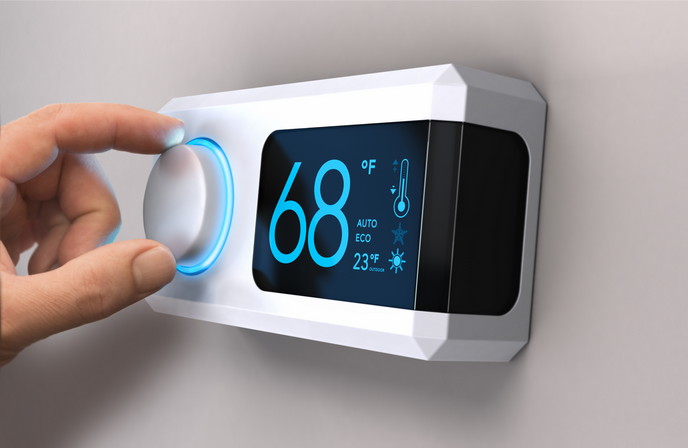Innovative survey examines human-building interaction
Today’s media regularly emphasise the importance of different issues affecting us and the planet we live on. These range from adopting energy-efficient practices to having a healthy lifestyle. Some aspects are easy to embrace, while others require a push in the right direction. However, for people to be motivated to change their behaviours at home and in the workplace, they need to first become aware of their current habits and how these affect their lives. Helping to further understand people’s energy use, a survey conducted as part of the EU-funded MOBISTYLE project looked into behaviours connected to the use of buildings. The cross-cultural study focused on the behaviours of administrative staff, faculty members and students at three Italian universities, and employees of two faculties at the University of Ljubljana in Slovenia. A paper discussing the survey’s findings was published on the ‘EDP Sciences’ website.
Merging building physics and social science in a single survey
The aim of the study was to provide insight into human behaviour relating to four key research objectives. First, cultural, contextual and socio-demographic factors concerning interaction with shared environmental controls (e.g. adjustable thermostats). Second, perceived social norms, attitudes and the intention to share controls. Third, people’s ease of use and knowledge of how to operate controls. Lastly, people’s perceived comfort, satisfaction and productivity in the workspaces studied. The innovative study combined interdisciplinary survey methods and cross-cultural knowledge on interactions between people and buildings related to energy use and comfort. According to the study’s authors, “[b]y adopting this socio-technical framework in a cross-country context, analyses of more than 1000 collected responses […] illustrated why and how social science insights, in tandem with building physics theories, can bring innovative knowledge into the understanding of office workers’ interactions with building technologies to control their indoor environment.” Beyond surveys such as this one, MOBISTYLE has also sought to motivate behavioural change through the use of ICT-based services. The aim of these services is to raise awareness by providing consumers with personalised information on energy use, indoor environment and health. This information is ultimately intended to give consumers the confidence to make the right choices that will lead to energy savings. A mobile application called the MOBISTYLE Game uses nudges and tips to change a user’s behaviour based on the sensors in their home. Different behaviours inside the home are identified by the game as a result of sensor data. Based on the analysed data, the game gives users incentives to encourage them to adopt and sustain energy-efficient and healthy behaviours. MOBISTYLE (MOtivating end-users Behavioral change by combined ICT based tools and modular Information services on energy use, indoor environment, health and lifestyle) ends in March 2020. In order to maximise the project’s impact beyond this date, the consortium intends to make use of an open, online users’ platform that will ensure the continuation of the project’s activities. The platform will store and share relevant methodologies, tools and online services, and will include a database on monitoring data. For more information, please see: MOBISTYLE project website
Countries
Netherlands



